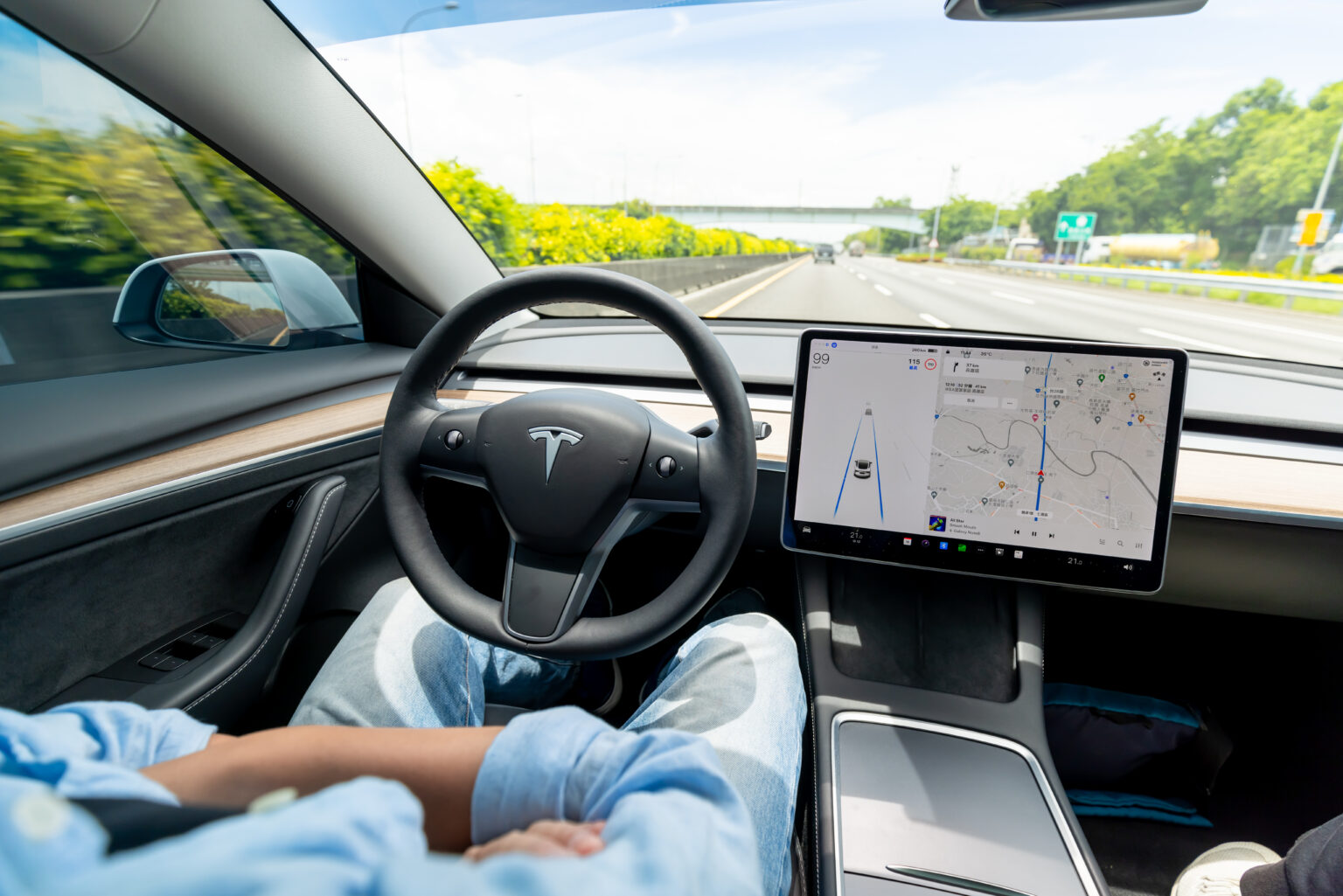
DOT must not give Tesla or other automakers a free pass, advocates say
- 20.03.2025 15:08
- arstechnica.com
- Keywords: Tesla, NHTSA
Advocates warn against giving Tesla special treatment, urging the DOT to maintain strict oversight of autonomous vehicle safety. Families of Autopilot crash victims and Consumer Reports stress the importance of preventing political interference in safety investigations to protect consumers.